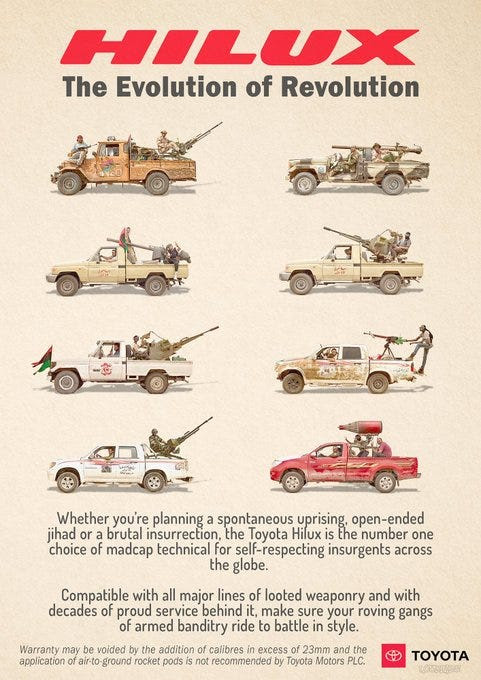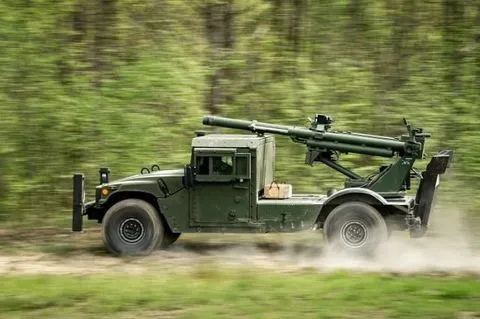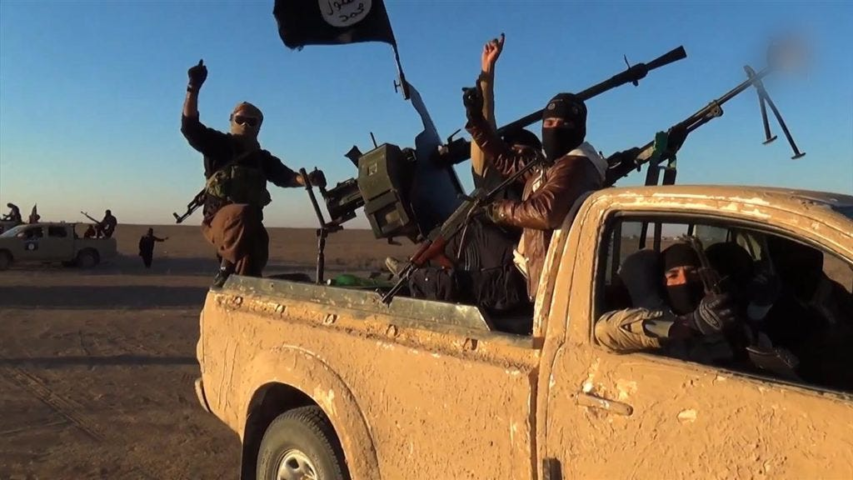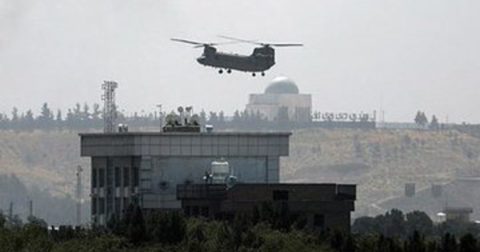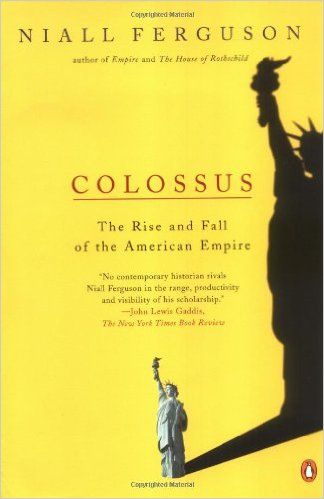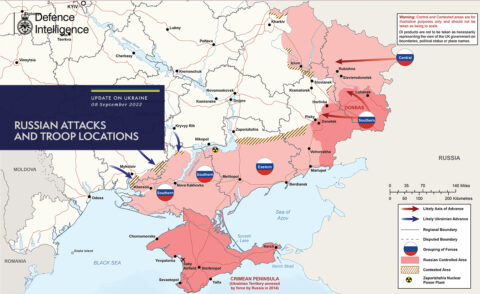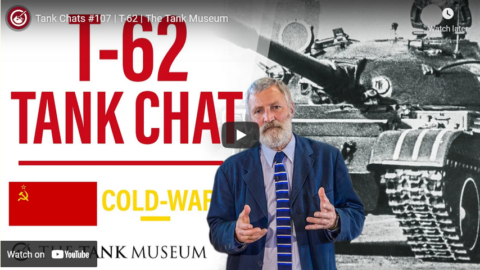Kulak at Anarchonomicon considers the innovation and adaptability that Chad’s ragtag forces displayed in the late 1980s to drive Libyan forces out of their territory, specifically the military use of Toyota pickup trucks as improvised gun carriages:
The Great Toyota War of 1987 was the final phase of the Chadian-Libyan conflict. Gadhafi’s Libyan forces by all rights should have dominated the vast stretches of desert being fought over: the Chadian military was less than a 3rd the size of the Libyan, and the Libyans were vastly better equipped fielding hundreds of tanks and armored personnel carriers, in addition to dozens of aircraft … to counter this the Chadians did something unique … They mounted the odds and ends heavy weapons systems they had in the truck beds of their Toyota pickups, and using the speed and maneuverability of the Toyotas, managed to outperform Libya’s surplus tanks and armored vehicles. By the end of the Chadian assault to retake their northern territory, the Libyans had suffered 7500 casualties to the Chadians 1000, with the Libyan defeat compounded by the loss of 800 armored vehicles, and close to 30 aircraft captured or destroyed.
The maneuverability and speed of the pickups made them incredibly hard to hit, and the tanks in particular struggled to get a sight picture … strafing within a certain range the pickups moved faster across the horizon than the old soviet tanks’ main gun could be hand cranked around to shoot them.
Since then Technology has become the backbone of insurgencies, militias, poorer militaries, and criminal cartels around the world. The ready availability of civilian pickups, with the ability of amateur mechanics to mount almost any weapon system in their truck-bed means that this incredibly simple system is about the most cost-effective and easy way for a small force to make the jump to mounted combat and heavy weapon.
But these weapons are far less asymmetric than motorcycles. The increasing importance of mobility means even the most advanced armies are getting in on the game. The US Army is currently converting a portion of its Humvees to have their rear seat and trunk cut out for a truck bed so that they can run a mobile light artillery out of it:
Popular Mechanics article – https://www.popularmechanics.com/military/weapons/a28288/hawkeye-humvee-mounted-howitzer/
The importance of instant maneuverability far outstretches any advantage armor can give in this application. Since artillery shells are radar-detectable, and, follow a parabolic arc, their origin point is easily calculable. Thus shoot and Scoot tactics are necessary since it may only be a minute or two from firing a volley that counter artillery fire might be inbound.
Aside from The bemused jokes that the US is finally catching up with the tech Chad had in the 80s, The truth is most advanced forces have always had something light with a heavy gun that can travel at highway speeds … the fact the US is now converting Humvees to have full light artillery pieces is only really a continuation of the trend of semi-auto grenade launchers, TOW missiles, or anti-tank guns being placed on light fast vehicles since WW2.
The remarkable thing about the technical isn’t that they’re some unique capability militaries can’t use … most poorer countries field something equivalent (the Libyans seemed to have screwed up the unit composition of their force) … Rather the unique advantage is how easy and cheap they are for non-conventional or poorer forces to home assemble.
US combat-ready Humvees cost the military into the hundreds of thousands of dollars, a cost that is presumably even higher as they’re modified to carry heavy weapons systems.
As ridiculous as a Toyota with an Air-to-Ground rocket pod, or a repurposed anti-air gun might be, they’re cheap. The pickup truck new is $20,000-50,000, though I suspect any irregular force would pay closer to 1000-5,000 for something decades old, if they pay at all. Likewise, they’re trivial to source, which is good if sanctions or anti-money laundering laws are trying to stop you from buying anything, and as the Chadians proved: pretty much any captured or surplus heavy weapon will go on it.
This gets irregular forces into the mounted combat game … but it does slightly more than that. Pickup trucks, as any perturbed Prius driver will tell you, are shockingly common … perhaps one in 10 or more vehicles out there are some form of pickup truck. This not only makes them easy to source, but it disguises them and allows them to operate hidden amongst the rolling stock of civilian vehicles, requiring either visual identification or extensive intelligence work to tell them from mere civilians.
This combination of mobility, resemblance to civilian vehicles, and ability to deploy heavy weapons was used to devastating effect by the Islamic State during the 2014 Fall of Mosul. Striking quickly while Iraqi national tanks were deployed elsewhere the small Islamic force entered the city at 2:30 am, striking in small convoys that overwhelmed checkpoints with their firepower, executing and torturing captured Iraqi soldiers and targeted enemies as they went. Even after taking into account desertions and “ghost soldiers” (fake soldiers meant to pad unit numbers so corrupt officials could collect their pay) which significantly reduced the 30,000 Iraqi army and 30,000 police within the city … Even after allowing for all that, the Iraqi national forces still outnumbered the 800-1500 ISIS fighters at a rate of 15 to 1.
YET ISIS was able to achieve a total victory and take the whole of the city within 6 days.
2 years later it would take the Iraqi government with American backing 9 months to retake it.
How? How does a force of 1500 at most, most without any formal training, overwhelm and defeat a force of 12,000-23,000, which at least has some training, better equipment, and has an entire state behind it? How did ISIS do this entirely without air support? Even as the Iraqi government bombed them from helicopters?
How did they take in 6 days what would take the Iraqi government with full American backing 9 months to retake?
Well, they made the Iraqis break and run.

